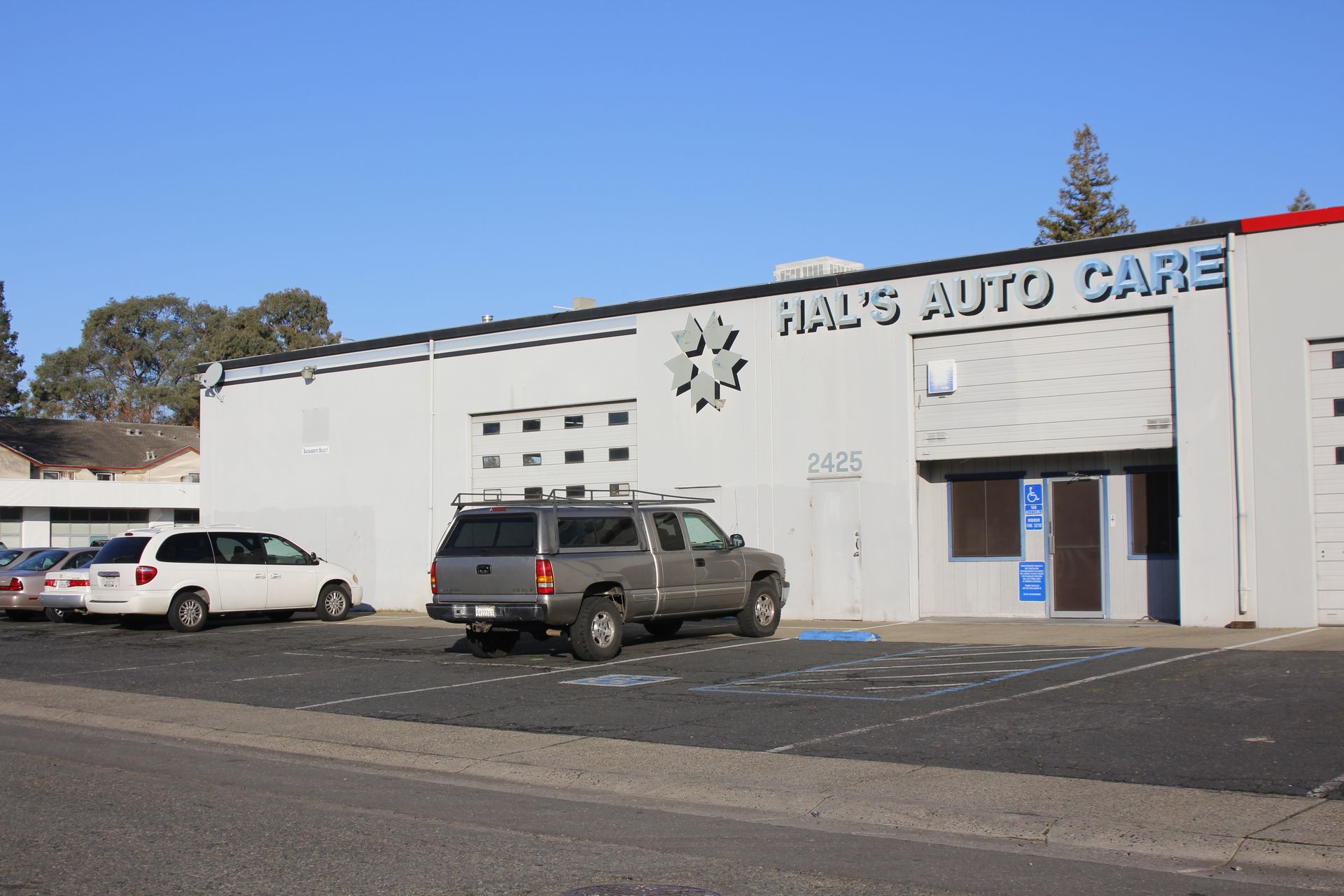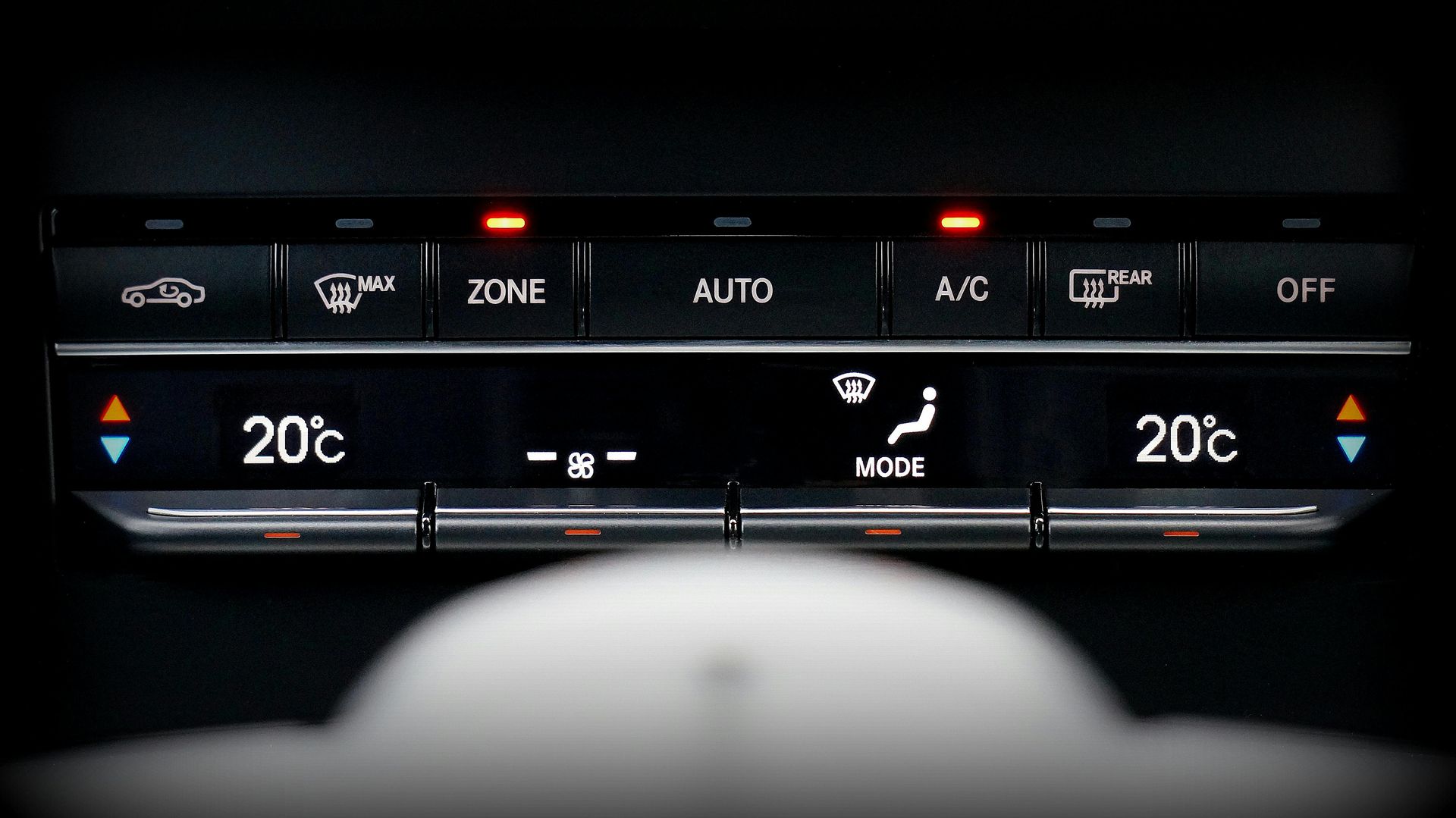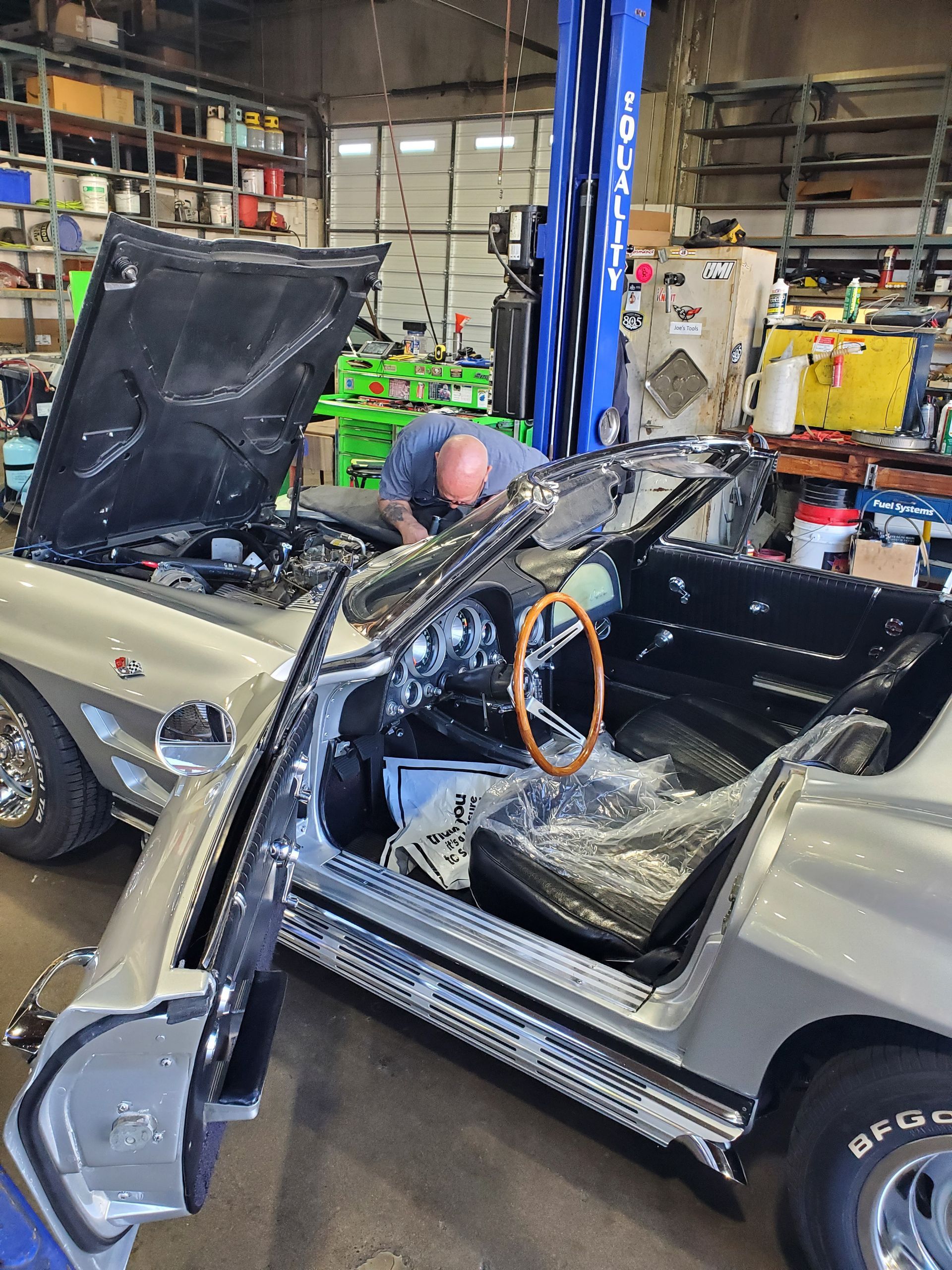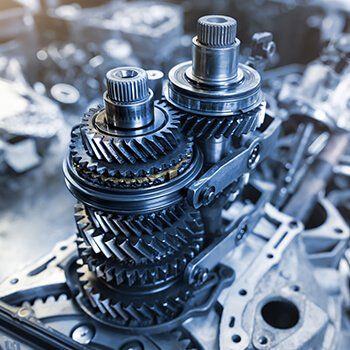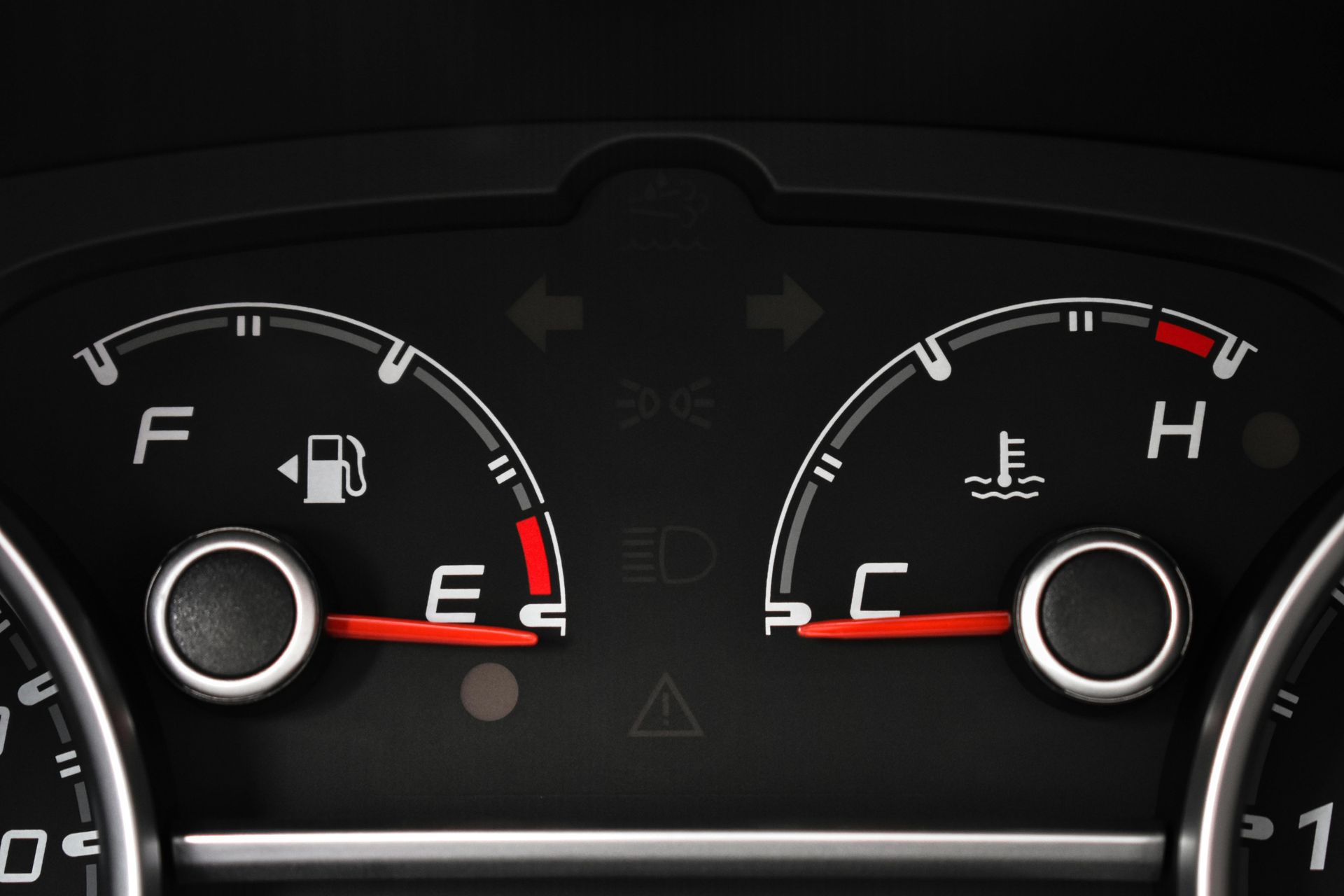Why is my check engine light coming on?
Why does my check engine light keep coming on?

Why Does My Check Engine Light Come On?
The check engine light is one of the most misunderstood warning indicators in a vehicle. It can illuminate for countless reasons, some minor and others severe. If you've ever found yourself wondering, "Why is my check engine light on?" you're not alone. Let’s break down the possible causes, symptoms, and the best course of action when this light appears on your dashboard.
Common Reasons Your Check Engine Light Is On
Your vehicle is an intricate machine with numerous components working together to ensure smooth operation. When one of these components fails or operates outside normal parameters, the onboard computer (ECU) detects the issue and triggers the check engine light. Below are some of the most common reasons for a check engine light:
1. Faulty Oxygen Sensor
The oxygen sensor (O2 sensor) monitors the amount of unburned oxygen in the exhaust. A failing O2 sensor can cause your car to burn more fuel than necessary, reduce fuel efficiency, and lead to increased emissions. Left unchecked, it can damage your catalytic converter, leading to costly repairs.
2. Dirty or Failing Mass Airflow Sensor (MAF Sensor)
The MAF sensor determines the amount of air entering the engine and adjusts the fuel mixture accordingly. A faulty or dirty sensor can cause poor acceleration, rough idling, and excessive fuel consumption.
3. Clogged Fuel Injectors
Fuel injectors play a crucial role in delivering the right amount of fuel to the combustion chamber. When they get clogged, your engine may misfire, idle roughly, or experience a loss of power.
4. Worn Spark Plugs
Spark plugs ignite the air-fuel mixture in the engine. Over time, they wear out, leading to misfires, poor acceleration, and increased fuel consumption.
5. Vacuum Leaks
A vacuum leak can throw off the engine’s air-fuel ratio, causing rough idling, stalling, and increased emissions. Common sources of vacuum leaks include cracked hoses, intake manifold issues, or a faulty EGR valve.
6. Faulty Catalytic Converter
The catalytic converter is responsible for reducing harmful emissions. When it fails, your car may lose power, produce a rotten egg smell, or fail an emissions test.
7. Failing Fuel Pump or Fuel Filter
A malfunctioning fuel pump or clogged fuel filter can cause hesitation, rough idling, and difficulty starting the car. If your vehicle struggles to accelerate or loses power under load, fuel delivery issues could be the culprit.
8. Transmission Problems
Modern vehicles have transmissions controlled by electronic systems that can trigger the check engine light if an issue arises. Symptoms may include slipping gears, delayed shifts, or abnormal RPM fluctuations.
Symptoms That May Accompany the Check Engine Light
When the check engine light turns on, you may experience other symptoms that indicate the severity of the issue:
- Loss of Power on Acceleration: This could be due to a clogged catalytic converter, failing fuel pump, or transmission problems.
- Engine Knocking or Rattling: Bad spark plugs, low-quality fuel, or excessive carbon buildup can cause knocking.
- Strange Noises: Rattling might be a loose heat shield or failing catalytic converter, while hissing could indicate a vacuum leak or coolant system issue.
- Strong Smells: A fuel smell could mean a fuel system leak, while burning smells may signal an overheating engine or leaking fluids hitting the exhaust manifold.
- Difficult Starting or Stalling: This could be caused by a faulty crankshaft or camshaft sensor, weak battery, bad alternator, or ignition system problems.
- Engine Overheating: A coolant leak, faulty thermostat, failing water pump, or clogged radiator could be to blame.
A Flashing Check Engine Light: A Severe Warning
If your check engine light is flashing instead of remaining steady, this indicates a critical issue, such as a severe engine misfire. Ignoring a flashing light could lead to significant engine damage, including catalytic converter failure, which is an expensive repair. In this case, you should stop driving and seek immediate professional assistance.
What Should You Do When Your Check Engine Light Comes On?
- Check for Obvious Issues: Look for signs like loose gas caps, unusual smells, smoke, or fluid leaks.
- Monitor Vehicle Performance: Pay attention to any new symptoms such as power loss, strange noises, or poor fuel economy.
- Use an OBD-II Scanner: If you have an onboard diagnostic scanner, retrieve the trouble codes and research their meanings.
- Visit a Trusted Auto Repair Shop: Even if your vehicle seems to run fine, an illuminated check engine light should not be ignored. Mechanics have the tools and expertise to diagnose the root cause accurately.
Finding a Trusted Mechanic Matters
Building a relationship with a reliable automotive repair shop is crucial. Trust between you and your mechanic ensures that you receive honest assessments and quality service. Some shops offer free code scans, but remember—codes only provide a general direction, not a full diagnosis. Proper troubleshooting requires flowcharts, wiring diagrams, vacuum schematics, and advanced testing equipment.
Modern vehicles contain dozens of interconnected computers and sensors, making diagnostics more complex than ever. Your technician must be skilled in electrical diagnostics, sensor testing, and data interpretation. It’s essentially rocket science, and not every mechanic is equipped for the job. Choosing a reputable repair shop ensures your vehicle is in expert hands.
Final Thoughts
Your check engine light is your vehicle’s way of telling you something isn’t right. Ignoring it can lead to serious problems, from reduced fuel efficiency to catastrophic engine failure. While some issues are minor, others require immediate attention.
If your check engine light is on, don’t delay—bring your vehicle to a trusted mechanic like Hal’s Auto Care:
Hal’s Auto Care
2425 Tower Ave, Sacramento, CA 95825
Visit Our Website
Call Us: (916) 485-9215
We have the expertise, tools, and experience to diagnose and fix any issue your car may have. Schedule your appointment today and let us keep your vehicle running smoothly!
Please follow the video link for more information





